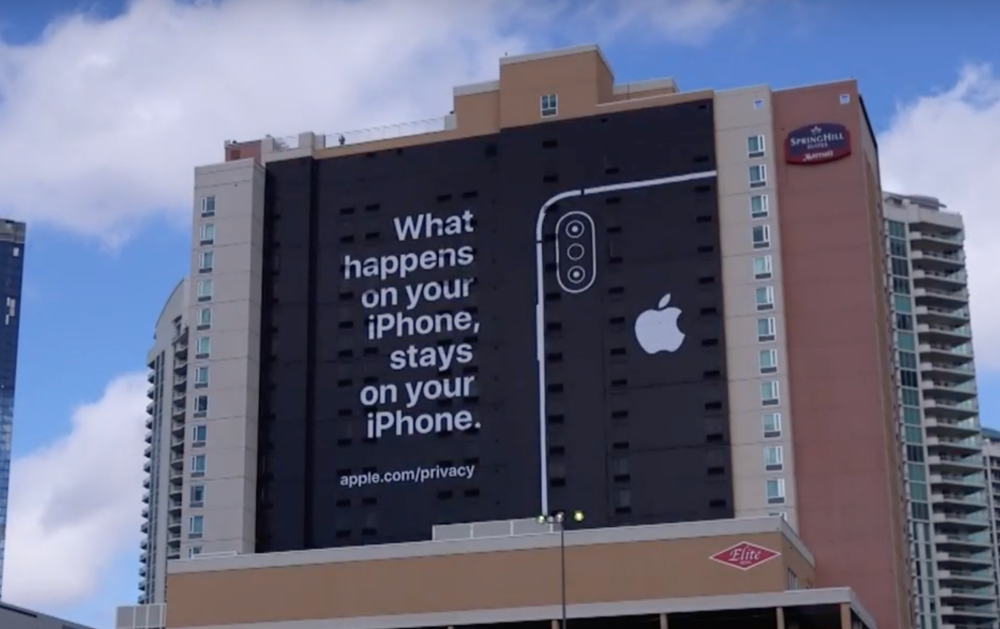How to get a Finnish IP address
The easiest way to improve your digital privacy is to switch your IP address using a VPN. We’ll …

Apple, typically, lacks much of a presence at the Consumer Electronics Show (CES) in Las Vegas, but this year it did. Only, not in the conference center itself. Instead, Apple focused its CES efforts on trolling others — specifically, Google.
Most of the products in Vegas at CES are ‘smart’, meaning they’re connected to the internet. These devices aim to make our lives more convenient, learning what we like and what we do so they can make helpful suggestions. The problem is that they also store massive amounts of user data—personal stuff, even going as far, in some cases, as to record your conversations in the privacy of your home.
With Google, Facebook, and others in the news for storing and selling user data, Apple has taken advantage of the situation by putting up a huge “pro-data privacy” banner on the side of a Vegas hotel. The company likes to point out that, at its heart, Apple is a hardware company—making its profits by selling
Apple’s giant CES banner — “What happens on your iPhone, stays on
While it may have been focusing its trolling on Google, Apple brings up an important point, one we’ve been talking about on this blog for some time. As more devices connect to the internet, the more vulnerable we are—both from a privacy perspective and in terms of security.
For example, children’s toys now connect to the internet so they can communicate with kids and respond to their commands. Hackers, however, have begun exploiting these vulnerabilities and using the toys to spy on children. Even smart door locks that allow you to remotely lock your door via your phone have been hacked for criminals to gain access to your home.
These are just two security risks that parallel the privacy issues we face, where seemingly every device in our home is storing information about our habits—and then selling that data for corporate gain.
If there’s one thing we should take from CES this year, it’s that yes, the products are cool. Technology is cool. Innovation makes our lives better. But at what cost? How much of our privacy are we willing to give up for convenience? And can we trust the company behind the product to protect our privacy?
We’re all trying to determine that balance. And it will take time for us to find it. Apple’s trolling, however, keeps it front and center during a time where ‘cool tech’ generally trumps ‘data privacy’. Because while these tech companies focus on innovation at CES, they also need to do right by the consumer — and that’s not to collect and sell our personal data for the benefit of their bottom line.

